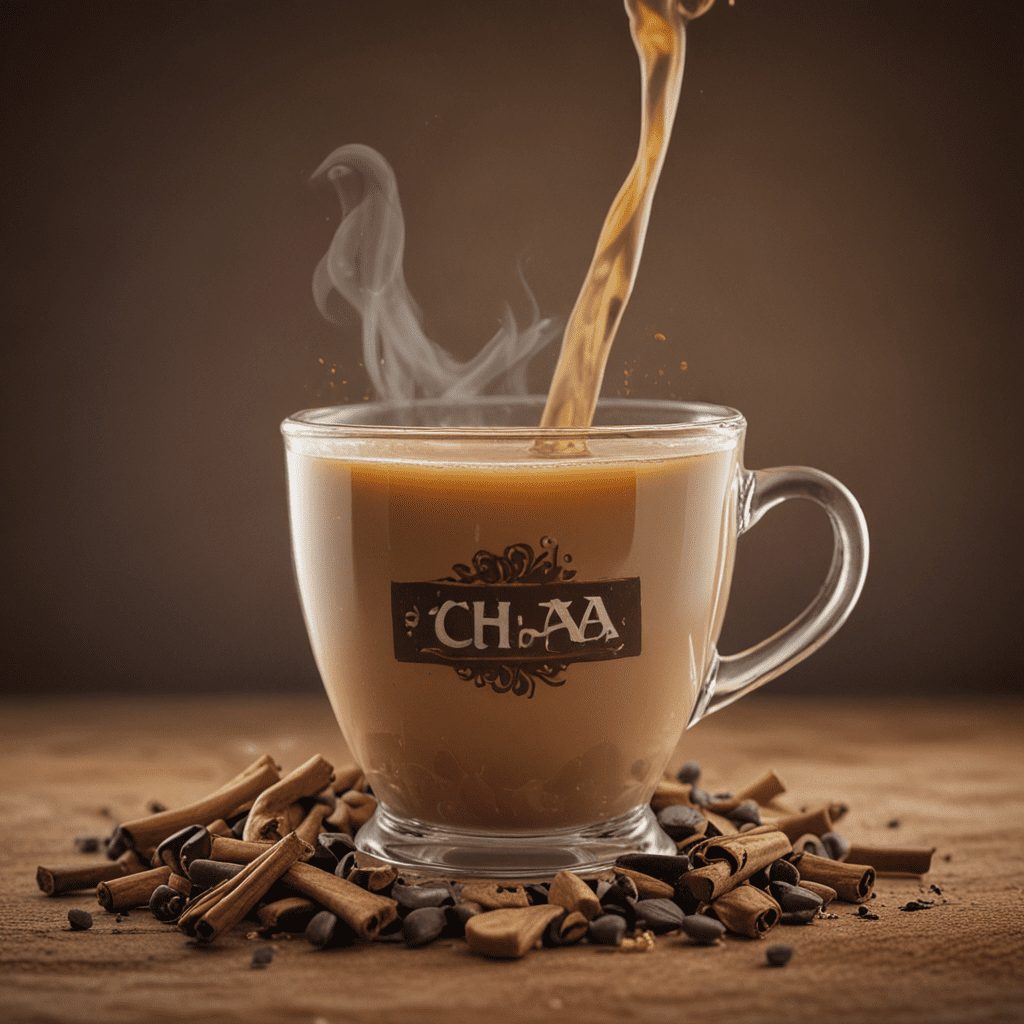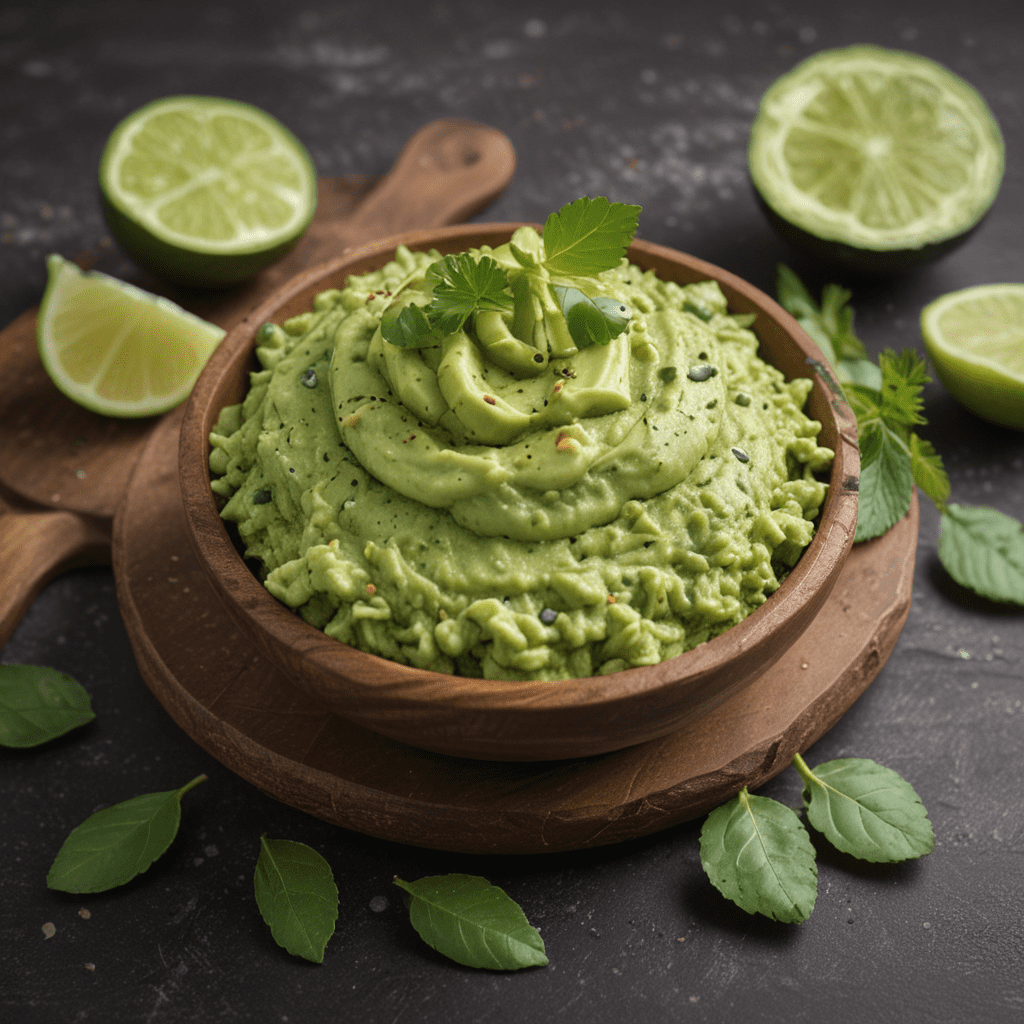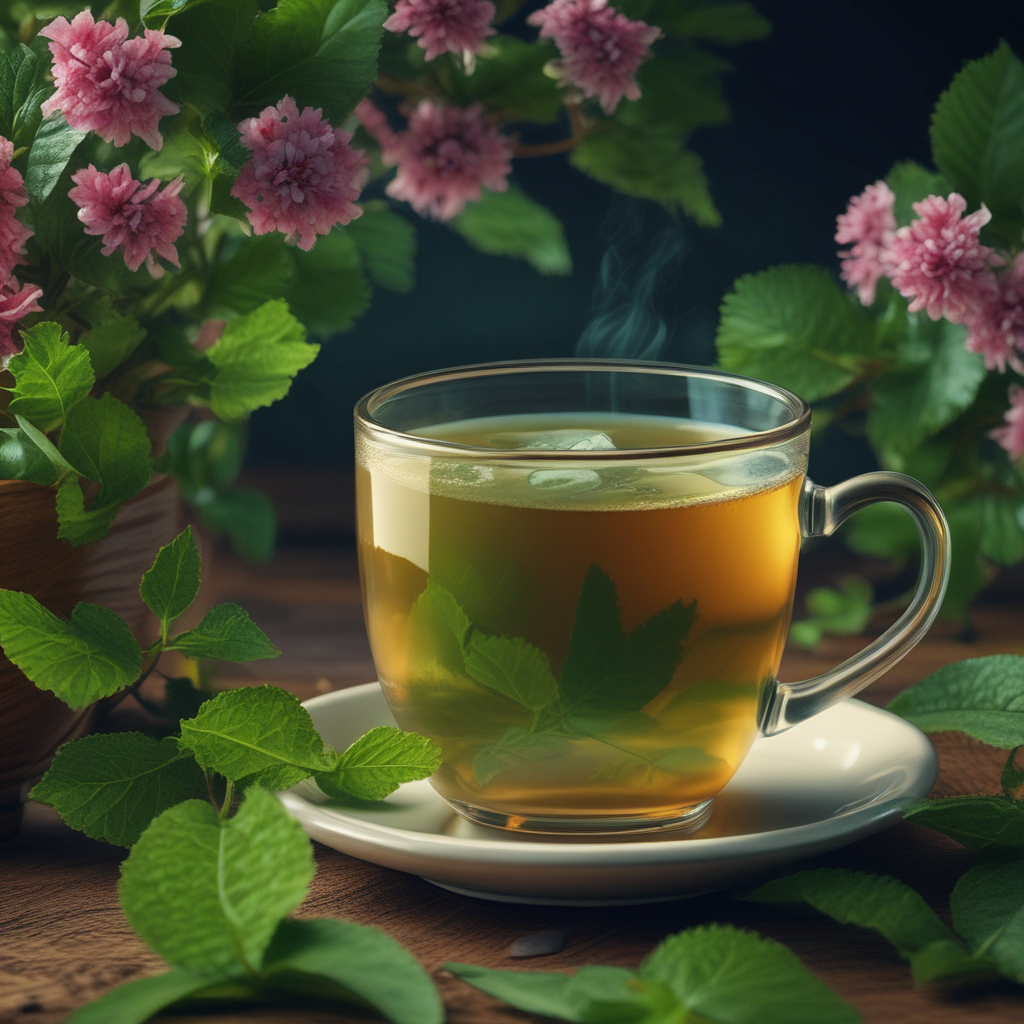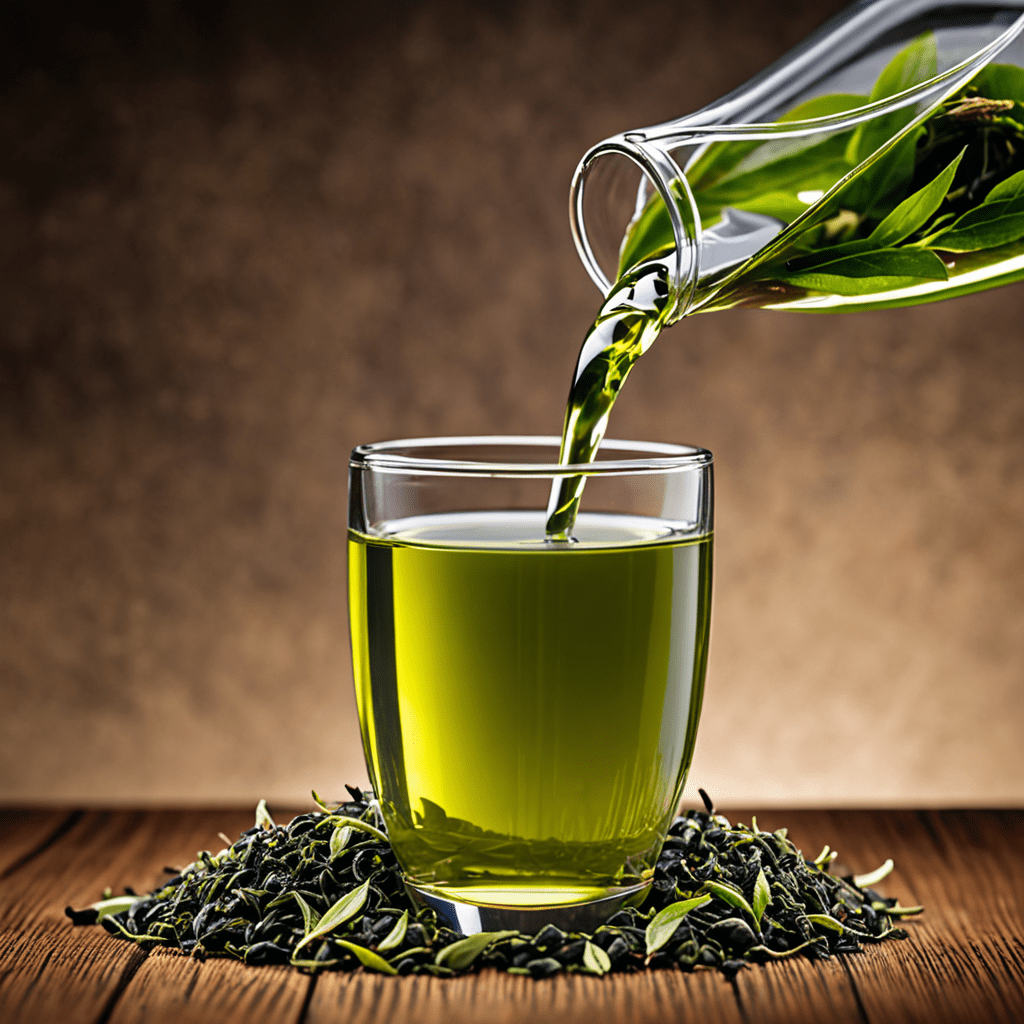
Introduction: The Allure of Chai Tea
Indulge in the aromatic embrace of chai tea, a delectable beverage that has captivated palates worldwide. This harmonious blend of spices, black tea, milk, and sweeteners tantalizes the senses, offering a symphony of flavors and aromas. Chai tea, a staple in many cultures, transcends geographical boundaries, uniting tea enthusiasts with its comforting warmth and invigorating essence.
Historical Origins: Unveiling the Roots of Chai
Chai's genesis can be traced back to the ancient Indian subcontinent. Originating as a medicinal concoction, chai evolved into an integral part of daily life. The word "chai" itself stems from the Hindi term for tea, reflecting its deep-rooted connection to the region. Over centuries, chai has undergone countless adaptations, incorporating regional variations and cultural influences, resulting in a vibrant tapestry of flavors.
The Symphony of Spices: Chai's Aromatic Tapestry
The essence of chai lies in its aromatic symphony of spices. Traditional chai blends typically incorporate a harmonious balance of cardamom, cinnamon, ginger, cloves, and black pepper. Each spice contributes its unique character, creating a complex and captivating flavor profile. Cardamom imparts a warm, slightly floral note, while cinnamon adds a sweet, spicy dimension. Ginger brings a touch of pungency and warmth, complemented by the subtle nuances of cloves and black pepper. This harmonious interplay of spices elevates chai to an aromatic masterpiece.
Black Tea: The Foundation of Chai's Essence
Black tea forms the backbone of chai, providing the rich, full-bodied foundation upon which the spices dance. Chai enthusiasts often prefer strong, robust black teas, such as Assam or Darjeeling, to stand up to the robust flavors of the spices. The interplay between the tea's malty, tannic character and the aromatic spices creates a captivating balance, ensuring that each sip offers a harmonious symphony of flavors.
Milk's Embrace: Enriching the Chai Experience
Milk plays a crucial role in enhancing the chai experience. Traditionally, chai is prepared with whole milk, which adds a creamy richness that complements the spices and tea. Milk also helps to balance the astringency of the tea, creating a more rounded and approachable flavor profile. The addition of milk transforms chai into a comforting and nourishing beverage, perfect for any occasion.
Sweeteners: Balancing the Chai's Flavor Profile
Sweeteners play a crucial role in rounding out the flavor profile of chai tea. Traditionally, sugar is the sweetener of choice, adding a touch of sweetness to complement the spices and milk. However, modern variations of chai incorporate a range of sweeteners, such as honey, maple syrup, or jaggery, each imparting its unique flavor and nutritional properties. The amount of sweetener added is a matter of personal preference, allowing individuals to tailor the sweetness to their liking.
Chai Tea Varieties: A Global Journey
Chai tea has transcended its Indian origins, evolving into a globally cherished beverage with countless variations. Each region has embraced chai, incorporating local ingredients and cultural influences. In the Middle East, chai often includes saffron and rose petals, adding a delicate floral aroma. In Tibet, yak butter is traditionally used instead of milk, creating a rich and creamy texture. Variations extend to North America and Europe, where chai is infused with additional spices, such as nutmeg, vanilla, or even chocolate, resulting in a diverse array of flavor experiences.
Health Benefits: Unveiling Chai's Medicinal Attributes
Beyond its delectable taste, chai tea has long been revered for its medicinal properties. The spices used in chai possess various health benefits. Cardamom aids digestion and has anti-inflammatory properties. Cinnamon helps regulate blood sugar levels and reduces cholesterol. Ginger is known for its anti-nausea and antioxidant effects. Cloves have antibacterial and antimicrobial properties. Black tea contains antioxidants, which may protect against cell damage. While scientific evidence supporting these health claims is still evolving, many individuals believe in the therapeutic benefits of chai tea.
Preparation Methods: Brewing the Perfect Chai
Brewing the perfect cup of chai tea is an art that requires patience and attention to detail. Traditional methods involve simmering the tea leaves, spices, and milk in a pot over low heat. This allows the flavors to meld and develop, resulting in a rich and aromatic brew. Alternatively, chai tea bags can be used for a quicker and more convenient preparation. Chai tea concentrates are also available, offering a simple way to enjoy chai without the hassle of brewing.
Chai Tea Rituals: Cultural Practices and Social Gatherings
Chai tea has become deeply ingrained in the cultural fabric of many societies. In India, chai is often served as a welcome drink to guests or as an accompaniment to snacks. In the Middle East, chai is a staple of social gatherings, where it is shared among friends and family. In North America and Europe, chai tea has gained popularity as a comforting and invigorating beverage, often enjoyed at cafes, tea shops, or in the comfort of homes. The ritual of preparing and sharing chai tea fosters a sense of community and connection, making it a treasured beverage in cultures worldwide.
Frequently Asked Questions (FAQs)
Q: What is the best way to store chai tea?
A: Store chai tea in an airtight container in a cool, dry place. Avoid exposing it to direct sunlight or moisture.
Q: How long can I store chai tea?
A: Properly stored chai tea can last for up to 12 months. However, for optimal flavor, it is recommended to consume it within 6 months of purchase.
Q: Can I make chai tea with decaffeinated black tea?
A: Yes, you can use decaffeinated black tea to make chai tea if you prefer a caffeine-free option.
Q: Can I add additional spices to my chai tea?
A: Yes, you can customize your chai tea by adding additional spices that you enjoy. Some popular additions include nutmeg, vanilla, or star anise.
Q: How can I make a vegan version of chai tea?
A: To make a vegan version of chai tea, use plant-based milk instead of dairy milk. Options include almond milk, oat milk, or soy milk.


